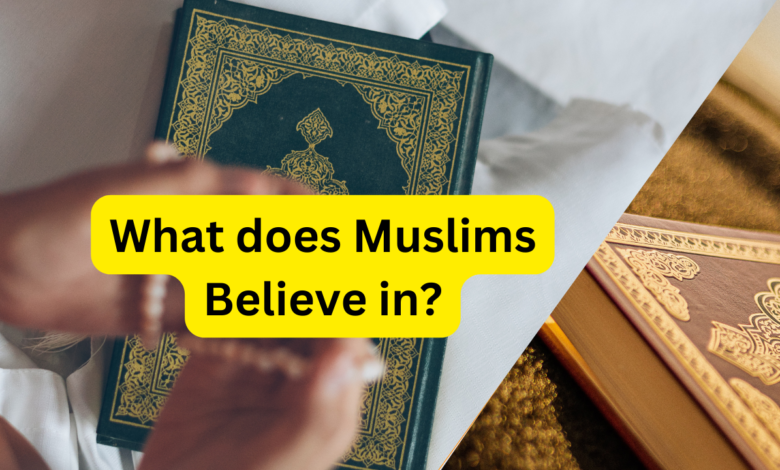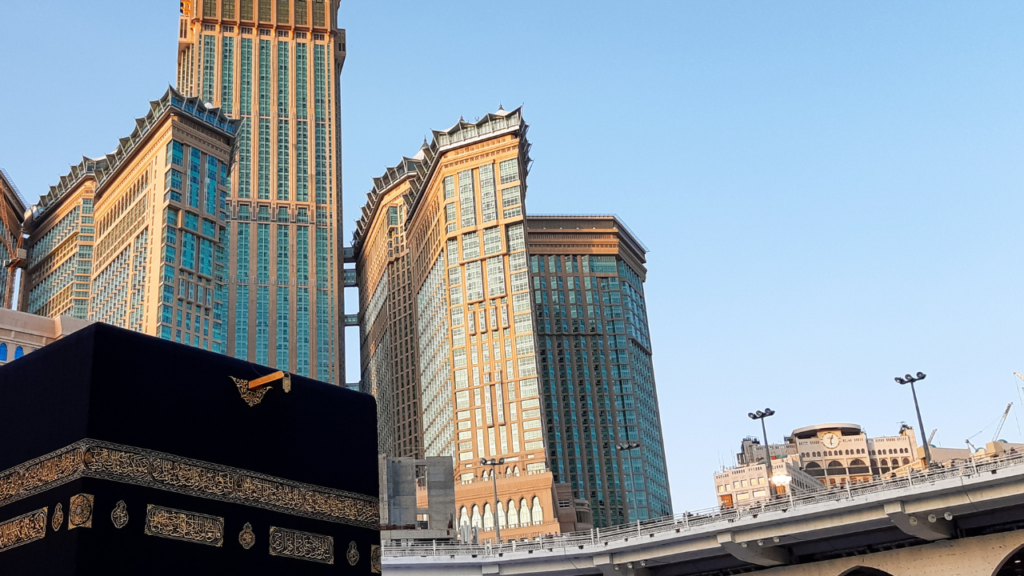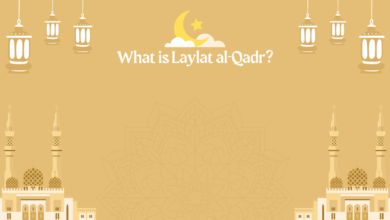
What does Muslims Believe in?
Muslims believe in the oneness of God, known as Tawhid, which is the core principle of their faith.

Introduction
Islam is one of the world’s major religions, with over a billion followers across the globe. Muslims, the adherents of Islam, believe in a set of core principles and tenets that shape their faith, worldview, and way of life. This article explores the fundamental beliefs of Muslims, shedding light on the key concepts that underpin their religion.
Monotheism (Tawhid)
At the heart of Islamic belief is the concept of Tawhid, which is the belief in the oneness and uniqueness of God, known as Allah in Arabic. Muslims believe that there is no god but Allah and that He is the only deity worthy of worship. This concept of monotheism is central to Islamic theology and is expressed in the Shahada, the Islamic declaration of faith: “La ilaha illallah, Muhammadur rasulullah,” which means “There is no god but Allah, and Muhammad is the messenger of Allah.”
Also check.
- What does Islam Say about Abortion?
- Which types of Relations are Haram in Islam?
- What is Islam and Iman?
- What is Indo Islamic Culture?
- What Do You Say on Eid?
Prophethood (Nubuwwah)
Muslims believe that throughout history, Allah has sent messengers and prophets to guide humanity. These prophets include Adam, Noah, Abraham, Moses, and Jesus, among others. However, the final prophet is believed to be Muhammad, who received the Quran, Islam’s holy scripture, from Allah. Muslims regard Muhammad as the “Seal of the Prophets” and the last in a long line of messengers.
The Quran
The Quran, the holy book of Islam, is considered the literal word of God as revealed to the Prophet Muhammad. It is believed to be a guide for all aspects of life, offering spiritual guidance, moral principles, and legal codes. The Quran is written in Arabic and is divided into chapters called Surahs, which cover a wide range of topics, including theology, morality, guidance for personal conduct, and legal matters.
Angels and the Unseen World
Muslims believe in the existence of angels, created by Allah from light and entrusted with specific tasks, such as delivering God’s messages, recording human deeds, and acting as guardians. The unseen world is an integral part of Islamic belief, and Muslims also acknowledge the existence of jinn (spirits or supernatural beings).
The Day of Judgment
Muslims hold the belief in the Day of Judgment, a day when all individuals will be resurrected and held accountable for their deeds. Each person’s actions will be weighed, and they will be rewarded with eternal paradise (Jannah) or face punishment in hell (Jahannam), depending on their deeds and faith. This belief serves as a powerful motivator for Muslims to live righteous lives and strive for spiritual growth.
Predestination and Free Will (Qadar)
Islamic belief encompasses the concept of Qadar, which refers to Allah’s divine decree and predestination. Muslims believe that Allah has complete knowledge and control over all things. However, this belief does not negate the notion of free will; individuals are still responsible for their actions and choices. Muslims accept that while Allah knows all, humans have the capacity to make choices and decisions.
Five Pillars of Islam
In addition to these core beliefs, there are five fundamental practices that every Muslim is encouraged to follow:
a. Shahada: The declaration of faith, as mentioned earlier. b. Salat: The obligatory prayers performed five times a day facing the Kaaba in Mecca. c. Zakat: Almsgiving, which involves giving to those in need, typically 2.5% of one’s wealth annually. d. Sawm: Fasting during the month of Ramadan from dawn to sunset. e. Hajj: The pilgrimage to the holy city of Mecca, which is obligatory for every Muslim who is physically and financially able to undertake it.
Conclusion
The beliefs held by Muslims are rooted in the Quran, the teachings of the Prophet Muhammad, and centuries of Islamic scholarship. Tawhid, prophethood, the Quran, and the Day of Judgment are core elements of Islamic faith, along with the acknowledgment of angels, the unseen world, and the concept of Qadar. The Five Pillars of Islam serve as the practical manifestation of these beliefs, guiding Muslims in their daily lives and fostering a strong sense of community and devotion.
It’s important to note that there can be some variations in Islamic beliefs and practices among different Muslim communities and schools of thought, but the foundational beliefs discussed in this article are shared by the vast majority of Muslims worldwide.

FAQs
What is the central belief of Islam?
Muslims believe in the oneness of God, known as Tawhid, which is the core principle of their faith.
Who is considered the final prophet in Islam?
The final prophet in Islam is Prophet Muhammad, who received the Quran, the holy book of Islam, from Allah.
What is the Quran, and how is it significant in Islamic belief?
The Quran is the holy book of Islam, believed to be the literal word of God as revealed to Prophet Muhammad. It serves as a guide for all aspects of life and is highly revered by Muslims.
Do Muslims believe in the existence of angels?
Yes, Muslims believe in the existence of angels, created by God from light and assigned specific tasks in the divine plan.
What is the Day of Judgment in Islam?
The Day of Judgment is a significant belief in Islam. It is a day when all individuals will be resurrected and held accountable for their deeds, leading to either eternal paradise or punishment in hell.
How do Muslims reconcile the concept of predestination with free will?
Muslims believe in Qadar, which encompasses both predestination and free will. While Allah has complete knowledge and control, humans are still responsible for their choices and actions.
What are the Five Pillars of Islam?
The Five Pillars of Islam are the core practices and obligations that every Muslim is encouraged to follow. They include the Shahada (declaration of faith), Salat (prayer), Zakat (almsgiving), Sawm (fasting during Ramadan), and Hajj (pilgrimage to Mecca).




